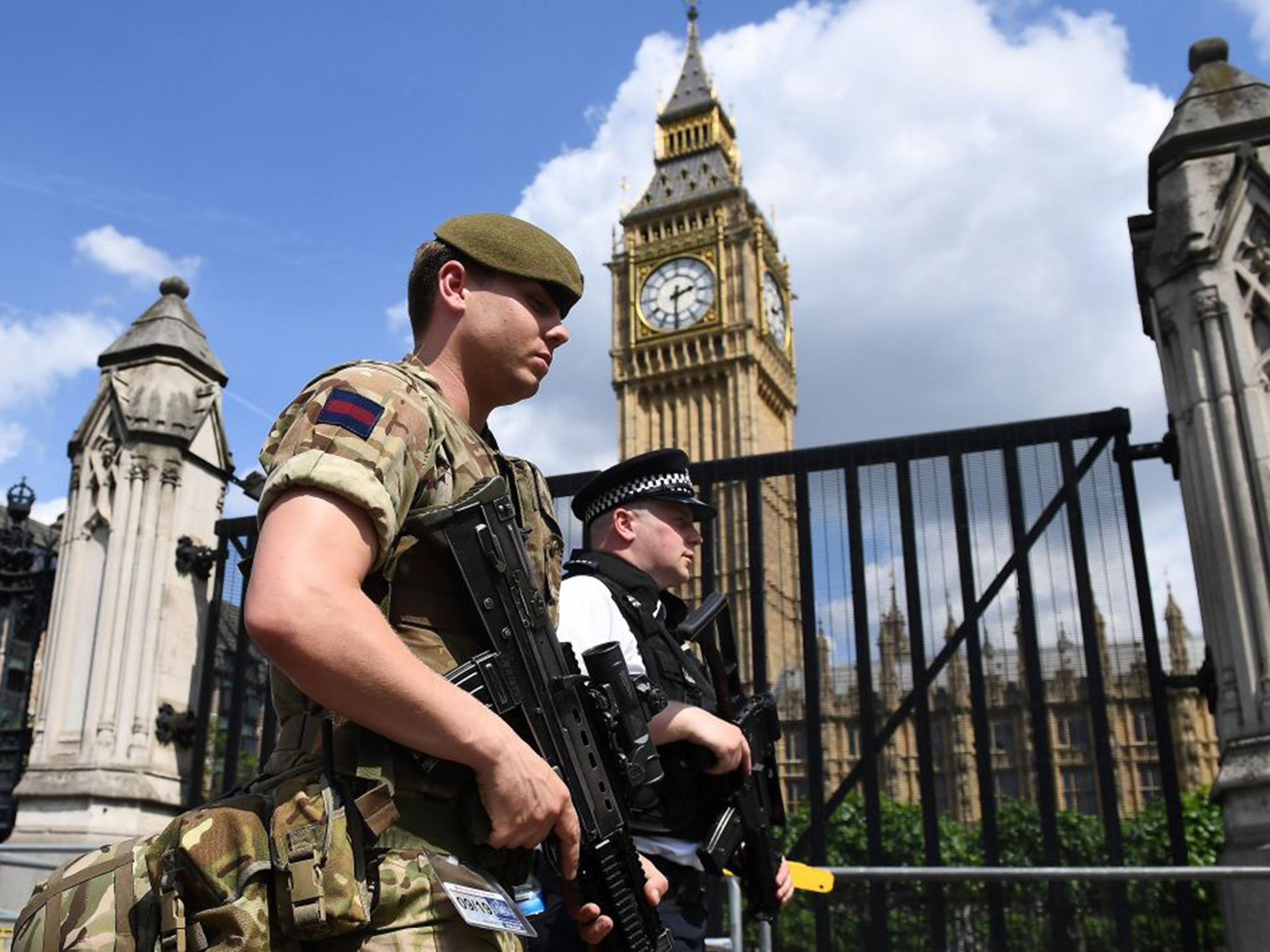Democracy must continue in the wake of the Manchester attack
It is important too that the election does not become dominated exclusively by debate around the terror threat

After Monday’s repugnant terror attack in Manchester, the recommencement of the general election campaign may feel like an unwanted intrusion. The thoughts of many – especially those directly affected by the bombing – will remain firmly fixed on a crime which has shaken the nation.
Nevertheless, it is as true as it is trite that the best response to terrorism is to try to carry on uncowed; and the best rebuttal to those who would impose tyranny is to stand up for democracy. Politicians of all parties therefore have a responsibility to show parliamentary electioneering at its best over the next two weeks. Likewise, the media has a role to play in shining a light on the parties’ policies; and in refraining from the worst of the mud-slinging that so often accompanies the pre-election period.
Naturally enough, there will be speculation about whether the tragic events of this week will affect the decision voters make on 8 June. Theresa May has shown a calm determination in these difficult days and that may reassure some who were troubled by her jittery performances when the Conservative policy on social care appeared to be unravelling on Monday morning. But Jeremy Corbyn too has spoken well in the aftermath of the attack, as have the other party leaders. All have quite rightly been at pains to avoid any political point-scoring and have observed a quiet dignity which is a credit to this country’s oft-maligned political class.
Ukip’s suggestion that Theresa May must accept “some responsibility” for the attack was unhelpful on a day when the country came to a standstill to remember its victims. Still, it plainly would be wrong for discussion about how best to prevent future terrorist acts to be wholly off-limits. Security was already a key issue for voters; it will now be an even greater priority. To that end, party leaders may seek to debate thorny questions such as the degree to which Britain’s policies in the past – its involvement in foreign wars, approaches to immigration and community integration, cuts to policing budgets and so on – have been effective in preventing the radicalisation of unhappy young men.
What is vital, however, is that this discussion takes place in a measured way. It must not be forgotten that some victims of Monday’s atrocity have still to be identified. They, and all who were killed, injured and bereaved by Salman Abedi’s sickening actions, are not pawns to be used in political games.
It is important too that the election does not become dominated exclusively by debate around the terror threat. Perhaps against all expectations, the campaigns up until Monday had dwelt on a remarkably varied range of issues. The election which Theresa May sought explicitly to frame as a means of giving her a mandate for the upcoming Brexit negotiations was turning into anything but – not least because there is so little of substance that any of the parties can realistically say on the issue. The Liberal Democrats’ promise to push for a second referendum when the terms of the Brexit deal are known was about the most concrete Brexit-related proposal of all – and it excited little attention.

Instead, we have seen bold proposals from all the main parties on a host of other important topics. Labour’s nationalisation programme and its commitment to scrap university tuition fees gained considerable interest and widespread support. Meanwhile, the Conservative manifesto showed a clear departure from the party’s recent Thatcherite past, with enhanced state funding for education and the NHS and – conversely – a call for wealthier people to take more responsibility for their own social care needs. Despite, or in some cases because of, its arguably progressive principles, the Tory’s social care plans found themselves roundly attacked from both left and right.
It may be hard – impossible even – for the election campaigns to pick up where they left off. And with the horrors of Manchester fresh in all our minds, it would be disquieting if that were not so. However, Britain’s politicians now have a chance to prove why the principles on which our liberal democracy has been based for more than 300 years hold true – and are held dear. They must remember there is more at stake than simply the keys to Downing Street on 9 June.
Join our commenting forum
Join thought-provoking conversations, follow other Independent readers and see their replies
Comments
Bookmark popover
Removed from bookmarks